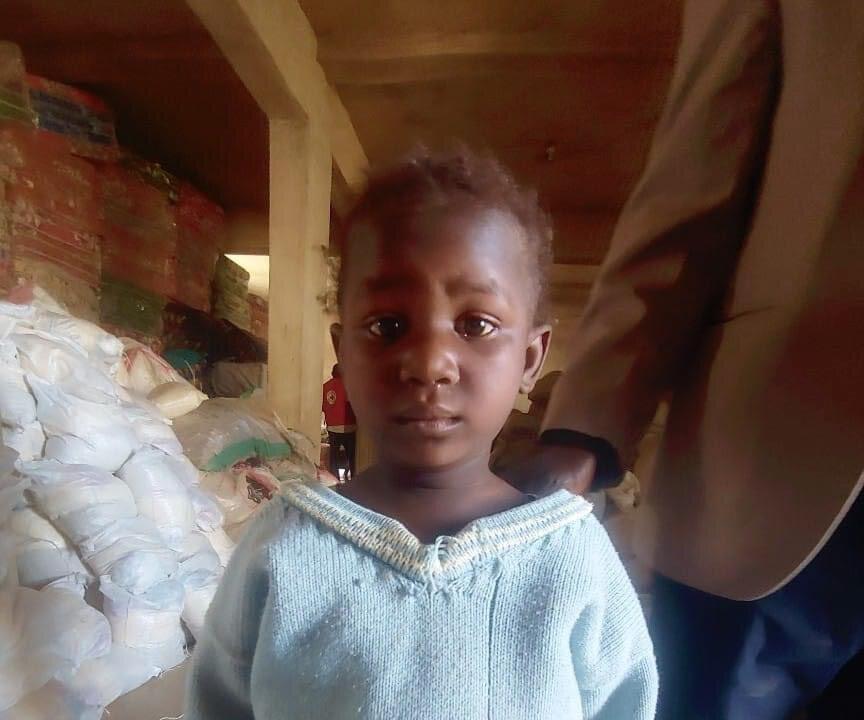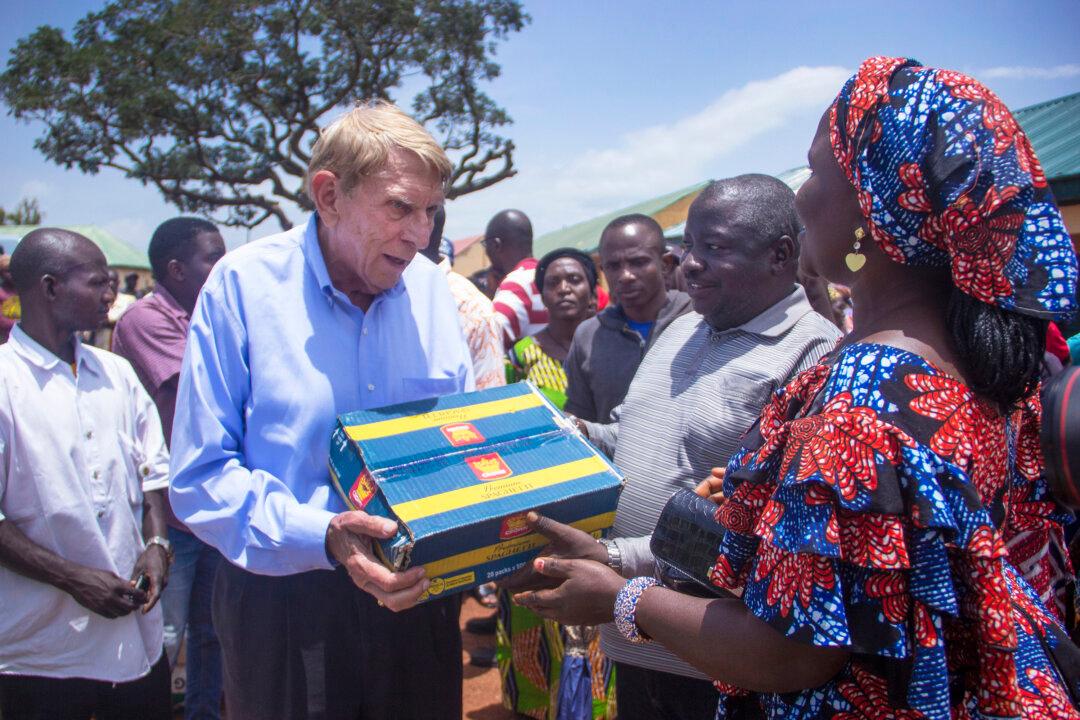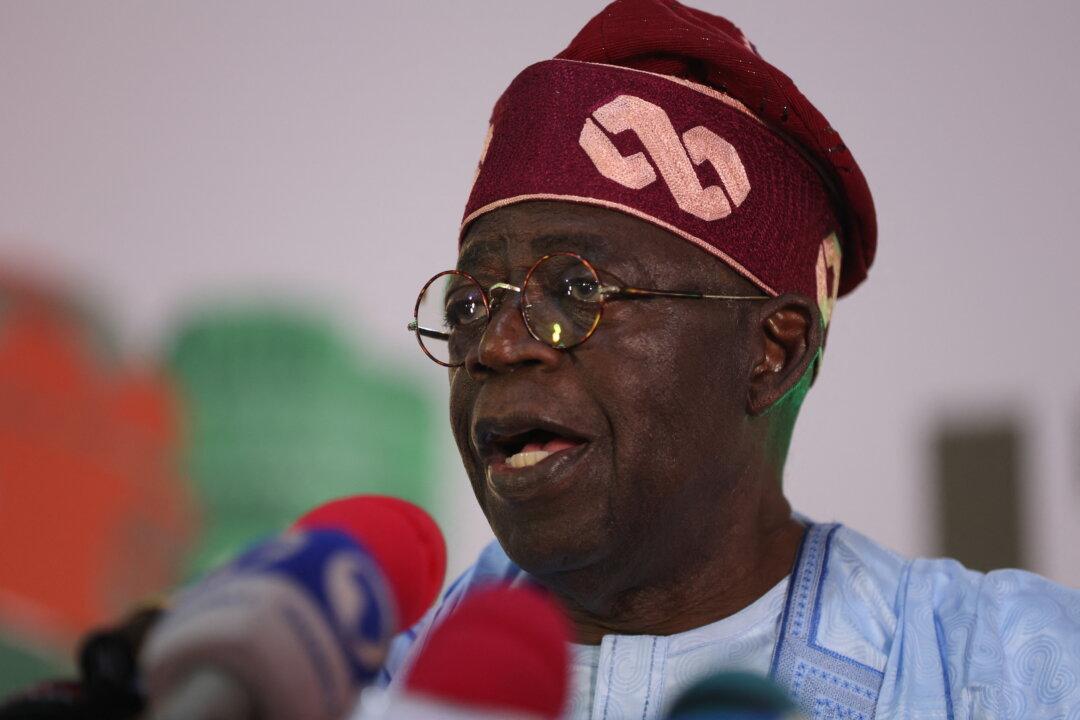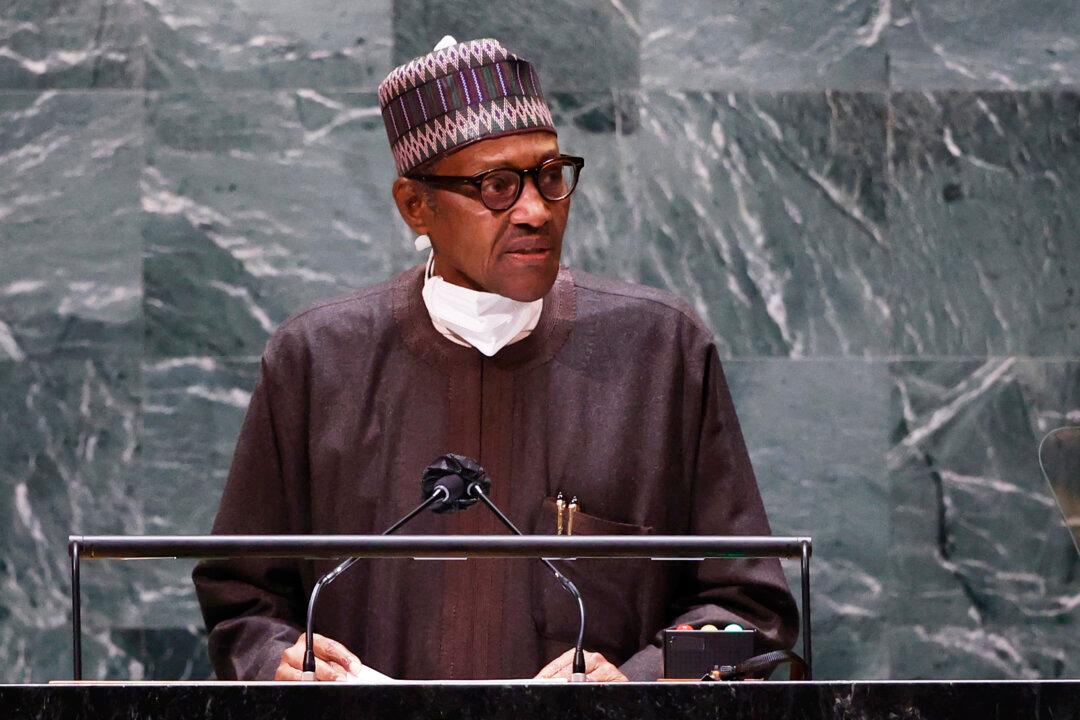Nigerian authorities are scrambling to avert a full-fledged sectarian war in Plateau state after mob violence left at least 31 people dead on Aug. 14 and 15.
On the morning of Aug. 14, five minibuses were attacked by a Christian mob and the more than 60 Muslim worshippers aboard were bludgeoned, killing 22, on the outskirts of Jos, the state capital. Mob violence in an apparent reprisal killed at least nine more people, believed to be Christians, on Aug. 15.





